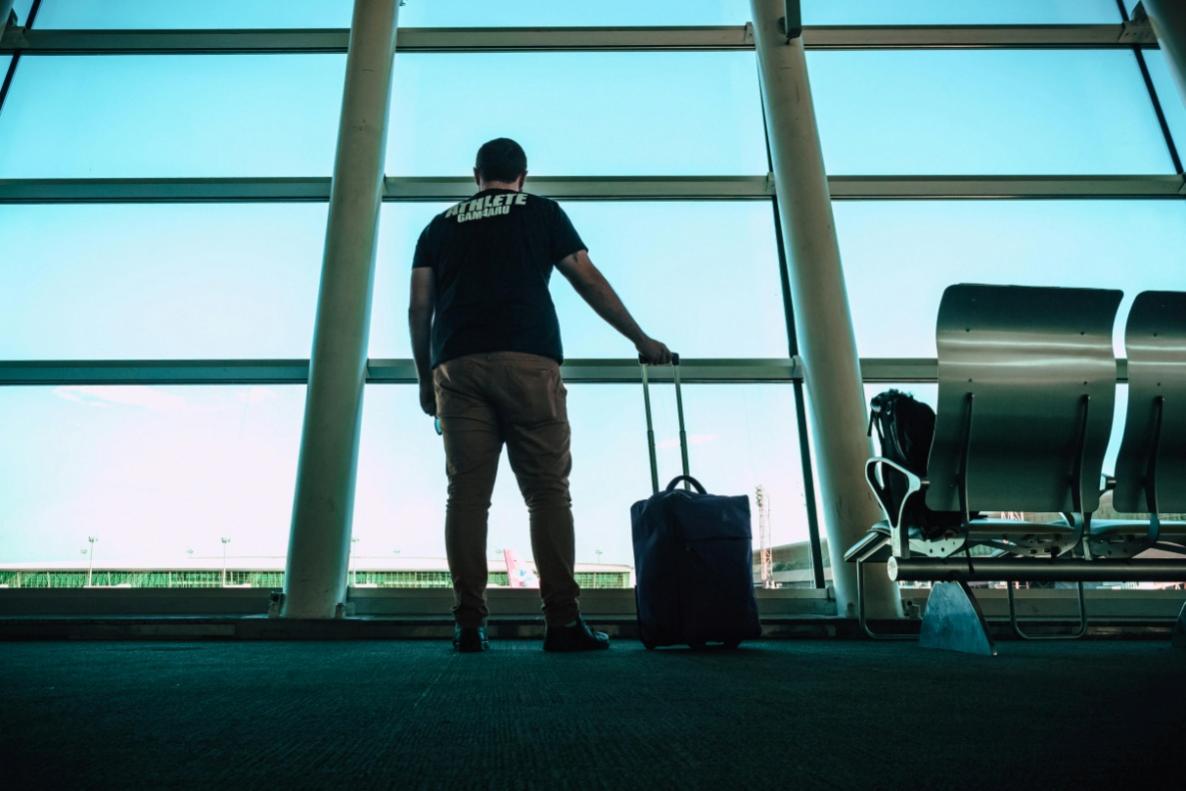Travelling to foreign countries is exciting journey. But nonetheless there are various risks and unforeseen occurrences that could interrupt even the best-prepared itinerary. Sudden health difficulties, missing passports or theft can turn a holiday into a disaster. Possessing travel insurance might distinguish between facing a significant financial burden and managing to bounce back from an incident. Below are three important aspects about this type of insurance that all travelers to other countries should know.

Medical Emergency and Evacuation Coverage
A chief reason travelers buy insurance is to have medical coverage while they are away from home. It could be that many of the folks who secure travel insurance seem to do so under the impression that they will be safe—that is, until they are not. Many countries charge exorbitant prices for medical care to international visitors, and the public hospitals in those same countries may not be outfitted to serve anyone other than their own nationals. Travel insurance often actually pays for the kinds of dire situations that we most often associate with medical insurance. Some policies also provide emergency medical evacuation services. This means that if a vacationing traveler is unable to get medical assistance and requires transport to a nearby facility more equipped to handle their situation—or even back to the States—they're covered.
Trip Cancellation and Delay Benefits
While booking the flights, hotels, travelers make a very substantial financial investment. People need to make sure that this investment is protected in case of any unpleasant events like personal emergencies that could force them to cancel their trip. Those events are what trip cancellation and interruption coverage is designed to handle.
Insurance that pays back nonrefundable trip expenses if a covered reason (like illness, injury, or a death in the family) makes it necessary to cancel the trip. If the traveler must come home early for one of those covered reasons, interruption coverage pays back the amount of the trip that wasn't used but should have been if the trip hadn't been interrupted. Many policies cover trip delays and pay for the stranded traveler to eat, sleep, and get about when autos and airplanes can't seem to go. Also covered are circumstances that cause the traveler to be late for a delayed departure.

Baggage Loss, Theft, and Personal Liability Protection
Commonplace for international travelers, the problems of lost, stolen, or delayed baggage also affect a small number of domestic voyagers. No kind of insurance can keep these annoyances from happening, but some can at least compensate you for the personal property that was in your bag when it left your side. Most will cover the contents of your luggage even if they are not listed as essentials in your travel itinerary.
Moreover, a great many travel insurance policies offer something even better: coverage for personal liability. Should a traveler inadvertently injure someone or damage property while overseas, this provision covers the not-so-legal expenses and compensation claims that could easily run up to tens of thousands of dollars. And lest you think this sort of thing happens only to the less-than-careful set, a 2009 report by the U.S. State Department found that American tourists were responsible for an average of $12,000 in legal expenses per person.

Conclusion
In the modern world, where unpredictability abounds, acquiring travel insurance is a right investment for anyone going overseas, travel insurance provides protection against a range of incidents that can occur while you’re away from home. Unlike your usual health insurance, which may not cover emergency medical care received overseas, travel insurance enhances your chances of keeping a risky and potentially extremely expensive scenario from going wrong fast.

What Does Short-Term Health Insurance Cover?

Insurance Planning: Building Your Financial Safety Net

How to Lower Car Insurance Premiums After an Accident

A Guide to Business Life Insurance: How Can Business Owners Use a Policy to Protect the Future?

Some insurance solutions for protected retirement income that you must know!

Low Coverage, High Premiums, No Medical Exam: Is This Type of Life Insurance Worth It?

What is the secret of NAIL's strategic transformation?
